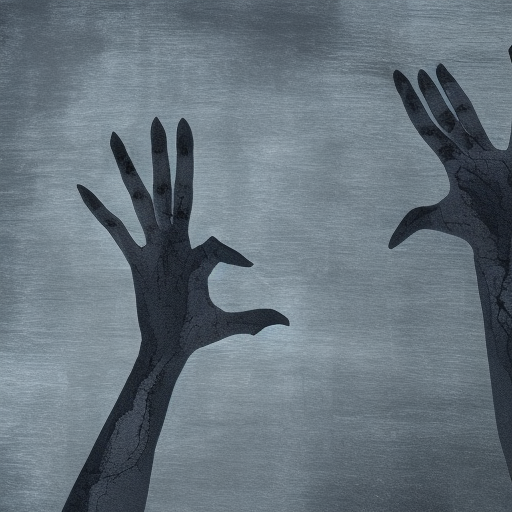One-line Summary:
Le Trou by Jacques Becker
In “Le Trou,” directed by Jacques Becker, a group of inmates in a Parisian prison plan an audacious escape. Based on a true story, the film follows their meticulous efforts to dig a tunnel and their struggle to maintain secrecy and trust within their group. As tensions rise and unexpected obstacles arise, the men must confront their fears and rely on their resourcefulness to achieve their freedom.
Main Cast and Crew:
- Director: Jacques Becker
- Writers: Jacques Becker, José Giovanni, Jean Aurel, and José Giovanni (novel)
- Key Actors: Marc Michel as Claude Gaspard, Jean Keraudy as Roland Darbant, Philippe Leroy as Manu Borelli, Raymond Meunier as Vossellin, Michel Constantin as Geo Cassine, and Jean-Paul Coquelin as Paul Moineau
- Music Director: Philippe Arthuys
- Director of Photography: Ghislain Cloquet
- Producers: Robert Dorfmann and Serge Silberman
Plot:
“Le Trou” begins with Claude Gaspard, a young man imprisoned for an attempted crime, being transferred to a new cell. He soon befriends four inmates, Roland, Manu, Vossellin, and Geo. The group discovers a loose floorboard in their cell, leading them to uncover a hidden tunnel. Together, they decide to use it as an opportunity to escape.
As the men dig their tunnel, they face numerous challenges, including the fear of being caught, the strain on their physical and mental health, and the constant threat of betrayal. The tension within the group intensifies when Paul Moineau, a new inmate, joins their cell. The men must decide whether to trust him or consider him a potential informant.
As the tunnel nears completion, the inmates must navigate the complexities of their plan, including the need for forged documents and the coordination of their escape. However, their efforts are jeopardized when a water leak floods the tunnel, forcing them to start over. Despite setbacks and the constant fear of discovery, the men persevere, driven by their desire for freedom.
Themes and Motifs:
“Le Trou” explores themes of trust, loyalty, and the human spirit’s resilience in the face of adversity. The film delves into the complexities of human relationships, highlighting the importance of unity and cooperation in achieving a common goal. It also examines the psychological toll of confinement and the lengths individuals will go to regain their freedom.
Reception and Legacy:
Upon its release in 1960, “Le Trou” received critical acclaim for its realistic portrayal of prison life and its suspenseful narrative. The film’s gripping performances and meticulous attention to detail were praised by audiences and critics alike. Although it did not receive widespread commercial success, “Le Trou” has since gained recognition as a classic of French cinema.
The film’s legacy can be seen in its influence on subsequent prison escape movies, with its realistic depiction of the planning and execution of a jailbreak. It has also been praised for its use of minimal dialogue and its ability to create tension through silence and visual storytelling.
Recommendation:
“Le Trou” is a must-watch for fans of suspenseful and character-driven cinema. Its gripping plot, realistic performances, and exploration of human nature make it a timeless classic. The film’s attention to detail and its ability to keep viewers on the edge of their seats make it a standout in the genre of prison escape movies.
Memorable Quote:
“You have to be a little crazy to want to escape from here, but you have to be completely crazy to stay.”












